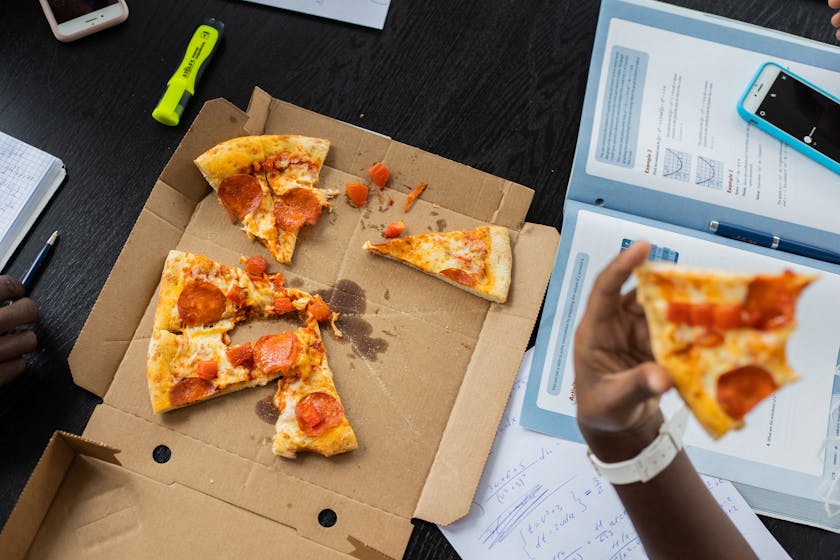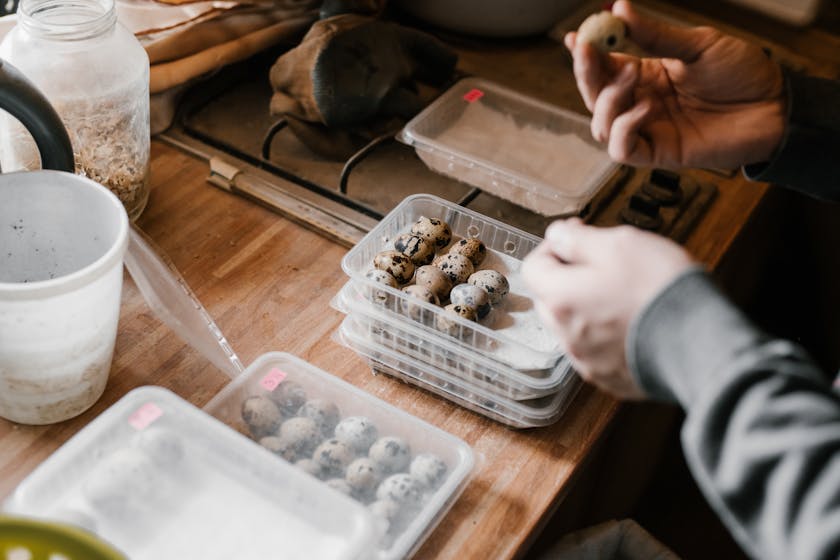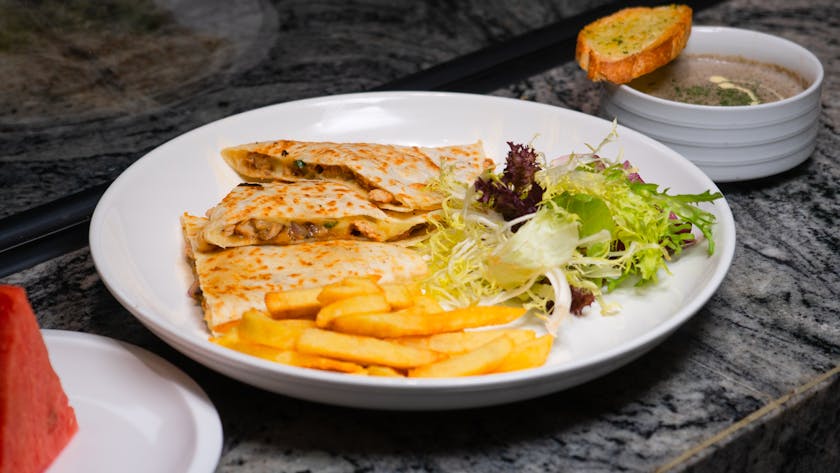If you’re a student looking to save both time and money, bulk meal storage through once-a-month cooking might be your ideal solution. This guide will provide practical tips on how to efficiently store your bulk-cooked meals, ensuring you have quick access to nutritious food even during the busiest of times.
Understanding Once-a-Month Cooking
The concept of once-a-month cooking involves dedicating one day to prepare and cook a variety of meals that can be stored and consumed throughout the month. It minimizes cooking time, reduces food waste, and helps with budgeting. For students, this method is particularly beneficial, as it can align with study schedules and social activities.
Planning Your Cooking Day
Before you start, it’s essential to plan your menu. Choose recipes that freeze well, such as casseroles, soups, and stews. Make sure to include a variety of proteins, vegetables, and carbohydrates to maintain a balanced diet. Once you have your recipes selected, create a shopping list and purchase all necessary ingredients in bulk.
Preparation and Cooking Strategies
On your cooking day, start by prepping all your ingredients. Chop vegetables, measure spices, and prepare any meat or alternatives. Organize your kitchen space to be as efficient as possible, and consider cooking multiple recipes simultaneously to save time.
Essential Bulk Meal Storage Tips
Proper storage is key to maintaining the quality and safety of your meals. Let dishes cool completely before storing to prevent condensation, which can lead to freezer burn. Use airtight containers or freezer bags to store your meals, labeling each with the date and contents. Portion your meals appropriately – single servings are usually best for students as they are easy to thaw and reheat.
Freezing and Thawing Your Meals
When placing meals in the freezer, organize them in a way that allows you to track what you have and access them easily. It’s also important to know the best methods for thawing your meals. Ideally, transfer them from the freezer to the refrigerator a day before you plan to eat them, allowing them to thaw slowly. For quick thawing, you can use the microwave, but be sure to consume the meal immediately.
Maximizing Shelf Life
Most bulk-cooked meals can be safely stored in the freezer for up to three months. To ensure optimal freshness, regularly check your inventory and rotate meals to consume the older ones first. Keep an inventory list on your freezer door to help manage what you have and prevent waste.
Making the Most of Your Monthly Cook-Up
Once-a-month cooking doesn’t mean you’re eating the same meal every day. Get creative by mixing and matching side dishes or adding fresh ingredients to rejuvenate a frozen meal. Also, consider incorporating different seasoning packets to diversify flavors without much additional effort.
Supplementing with Fresh Foods
While bulk meal storage is convenient, it’s also important to complement your diet with fresh foods. Incorporate fruits, salads, and quick-to-prepare vegetables to ensure you’re getting a variety of nutrients.
Smart Kitchen Gadgets to Simplify the Process
Invest in quality kitchen gadgets to streamline your cooking process. A slow cooker, instant pot, or rice cooker can save time and energy. Additionally, a vacuum sealer could extend the shelf life of your meals even further by removing air from the storage bags.
Remember, the key to successful once-a-month cooking and bulk meal storage for students is organization and planning. With these tips, you can enjoy homemade meals that fit your busy lifestyle while keeping your budget in check.




